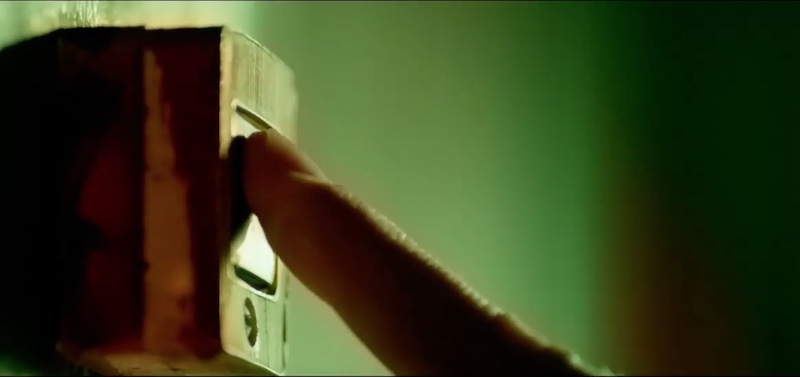
I don’t know what is more surprising – that this surefooted splatter fest is the first feature made by writer-director-editor Kirill Sokolov or that it was supported by the Ministry of Culture of the Russian Federation. This black, black comedy is artfully done, but it’s not an art-house film. And let’s just say that most of the characters are not fine upstanding citizens.
A young man stands in front of an apartment door while holding a hammer behind his back. We can tell that he intends to use it – we don’t need Chekhov to tell us that. (Chekhov wrote: “If in the first act you have hung a pistol on the wall, then in the following one it should be fired. Otherwise don’t put it there.”)
The hammer might have further resonance for those who have read Crime and Punishment by Dostoyevsky.
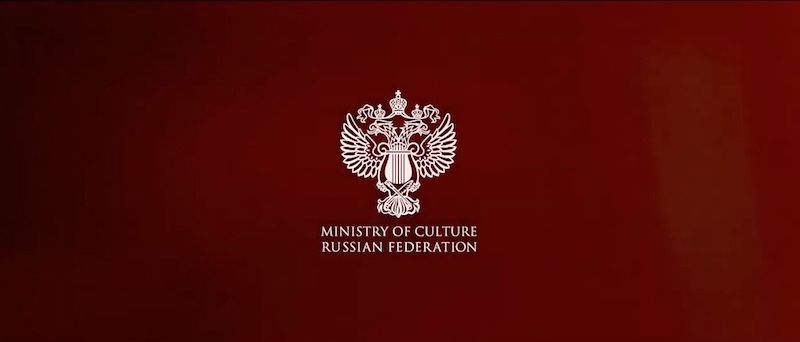
The door is opened by a bald, stocky man who looks tough, aggressive, dangerous. Not friendly! The visitor introduces himself as Matvei, and says he has come there to meet his girlfriend, Olya. This is news to the bald man, who is Olya’s father, Andrei. All the same, he lets Matvei come in. One inside Matvei is ready to sue the hammer, but…oops, Andrei is not alone. Natasha, Andrei’s wife and Olya’s mother, is there, too.

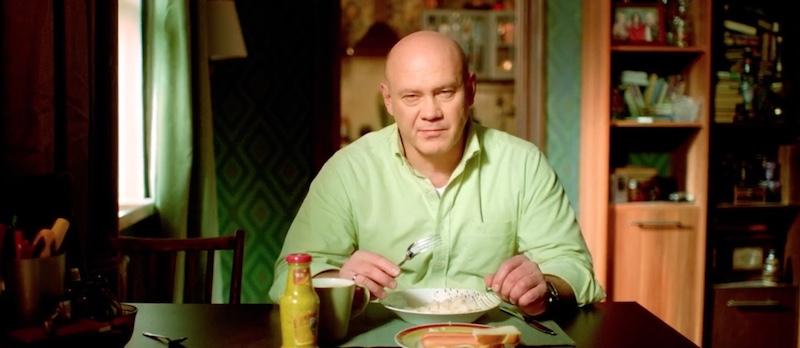
Andrei and Matvei sit down at the breakfast table and Natasha goes to the kitchen to make coffee for Matvei. Andrei reveals that he is a police detective. Probably a surprise for Matvei. The hammer falls out of his back pocket. Andrei asks, casually, if Matvei carries the hammer around all the time. No, no, he says, a friend wants to borrow it. As if.
Amazingly soon, the hammer, a television, a shotgun, handcuffs, a power drill and other items will come into play. Someone will be tossed right through a wall. There will be a shower of cash. And blood, ridiculous amounts of blood, torrents of it, rivers of it, gallons (litres?) of it. (In an interview, director Kirill Sokolov said that there isn’t THAT much blood, that other films have had more. Maybe so, but there is LOTS of blood in Why Don’t You Just Die!) However, the effect is cartoonish, not like someone is truly suffering.
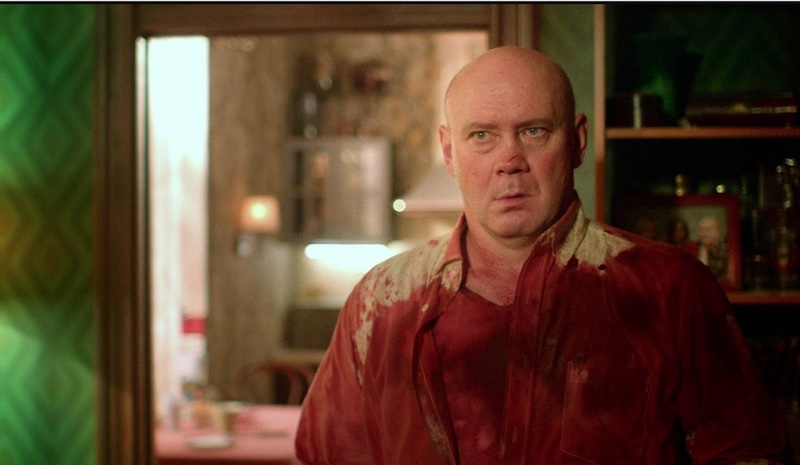
Assorted flashbacks reveal what kind of person Andrei is, a medical quirk that Matvei has, and the purpose of Matvei’s visit. He is on a vigilante mission, seemingly motivated by love. That makes him the most noble person in the world of the film, next to wife and mother Natasha, who gets neither love nor respect from her husband. Appropriately enough for a vigilante, Matvei wears a Batman hoodie. And like superheroes and supervillains, Matvei and Andrei have remarkable endurance.

On the Fantasia web site, the description of Why Don’t You Just Die! contains this phrase “and all holy household hell breaks loose.” Ha! The understatement of the year!
It was wonderful to watch Why Don’t You Just Die! with a Fantasia audience. We were laughing, hollering and sometimes cringing. What is the sound of cringing? Sometimes it is “Ewwww!” As when bones are broken, blood spurts, a hammer is aimed close to delicate body parts or when one character contemplates using his tongue to. . . do something gross yet crucial.Writer-director-editor Kirill Sokolov has a master’s degree in the Physics and Technology of Nanostructures, of all things. In an interview he said: “Filmmaking is very close to physics and maths, because every scene is like a maths problem or a test that you have to solve. You try from one angle, then from another until you succeed. Very practical, very logical process.”
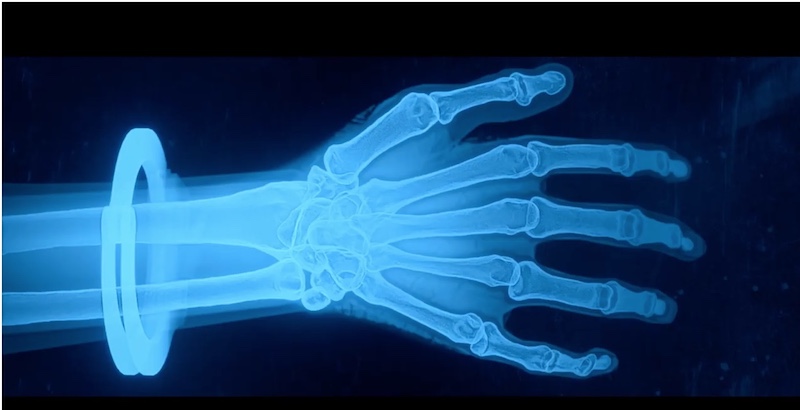
I hope that Sokolov will make many more films and that I can see them, too.
(The web site of the Tallinn Black Nights Film Festival, which showed Why Don’t You Just Die!, says the film’s genre is Splatter, and its tags are: Violence, Satire, Thriller, Humour.)
I am not including the film’s trailer here because I think that it gives too much away.
Why Don’t You Just Die! (Papa, sdokhni)
Country: Russia
Year: 2018
Duration: 100 minutes
Language: Russian
Director: Kirill Sokolov
Producer: Sofiko Kiknavelidze
Writer: Kirill Sokolov
DOP: Dmitriy Ulyukaev
Montage: Kirill Sokolov
Composers: Vadim QP, Sergey Solovyov
Cast: Vitaliy Khaev, Aleksandr Kuznetsov, Evgeniya Kregzhde, Mikhail Gorevoy, Elena Shevchenko
Contact: Arrow Films

